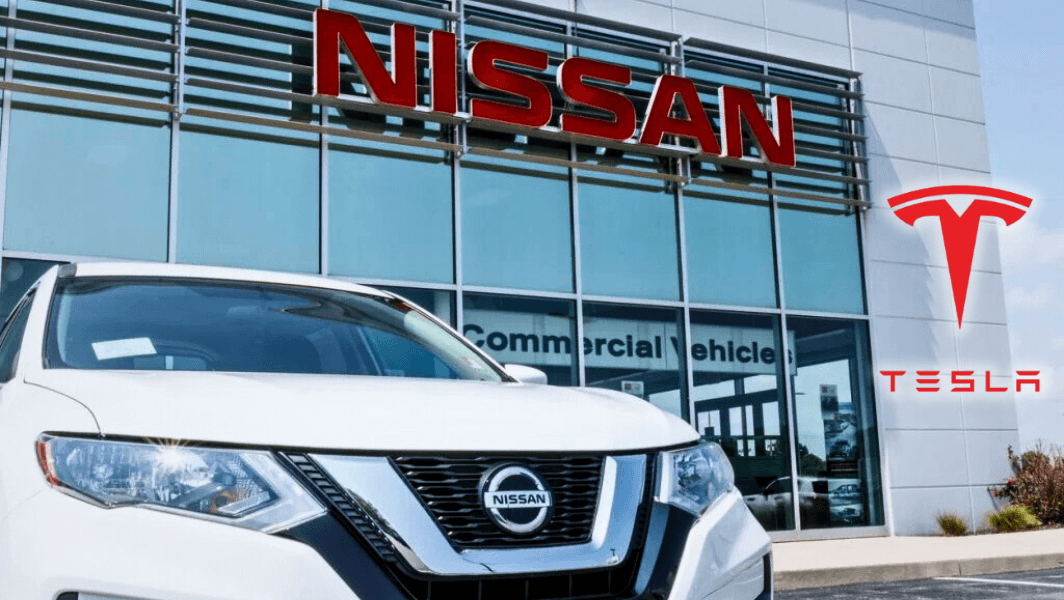
Japan Seeks Tesla's Investment in Nissan Amidst Industry Turbulence
Strategic Proposal Emerges Following Failed Merger Talks and Potential Foreign Takeovers
In a strategic move to stabilize its automotive industry, a high-level Japanese consortium is formulating plans to attract Tesla as a significant investor in Nissan. This initiative follows the collapse of merger discussions between Nissan and Honda and aims to prevent potential hostile takeovers from foreign entities.
Key Figures and Motivations Behind the Proposal
The proposal is spearheaded by Hiro Mizuno, a former Tesla board member, with support from ex-Prime Minister Yoshihide Suga and his former aide, Hiroto Izumi. The group believes that Tesla, the world's leading electric vehicle manufacturer, is interested in acquiring Nissan's U.S. manufacturing facilities. Such an acquisition would enhance Tesla's domestic production capabilities, especially in light of previous trade tensions and tariff threats under former President Donald Trump.
Context: Nissan's Recent Challenges
Nissan recently declined a $58 billion merger proposal from Honda, leading to concerns about its vulnerability to foreign acquisitions. Companies like Foxconn, known for assembling iPhones, have expressed interest in Nissan, aiming to expand their electric vehicle manufacturing footprint. The Japanese consortium's plan envisions forming an investment group with Tesla as the primary investor and possibly including Foxconn as a minority stakeholder. This approach seeks to bolster Nissan's position while mitigating the risk of a complete foreign takeover.
Potential Benefits for Tesla
For Tesla, investing in Nissan could offer several advantages:
-
Expansion of Manufacturing Capacity: Acquiring Nissan's plants in Tennessee and Mississippi, which have a combined annual capacity of about 1 million vehicles, could significantly boost Tesla's production capabilities in the U.S.
-
Mitigation of Trade Risks: Increased domestic production would help Tesla navigate potential trade barriers and tariffs, ensuring a more resilient supply chain.
Industry Implications and Future Outlook
This development highlights the dynamic and competitive nature of the global automotive industry, especially as companies transition towards electric vehicles. Collaborations and strategic investments are becoming increasingly vital for traditional automakers to stay competitive. The proposed partnership between Tesla and Nissan could serve as a model for future alliances, blending innovation with established manufacturing expertise.
As the situation evolves, stakeholders within the automotive sector will closely monitor the outcomes of these discussions, which could reshape industry dynamics and influence future collaborative strategies.
For any enquiries or information, contact info@thelawreporters.com or call us on +971 52 644 3004. Follow The Law Reporters on WhatsApp Channels